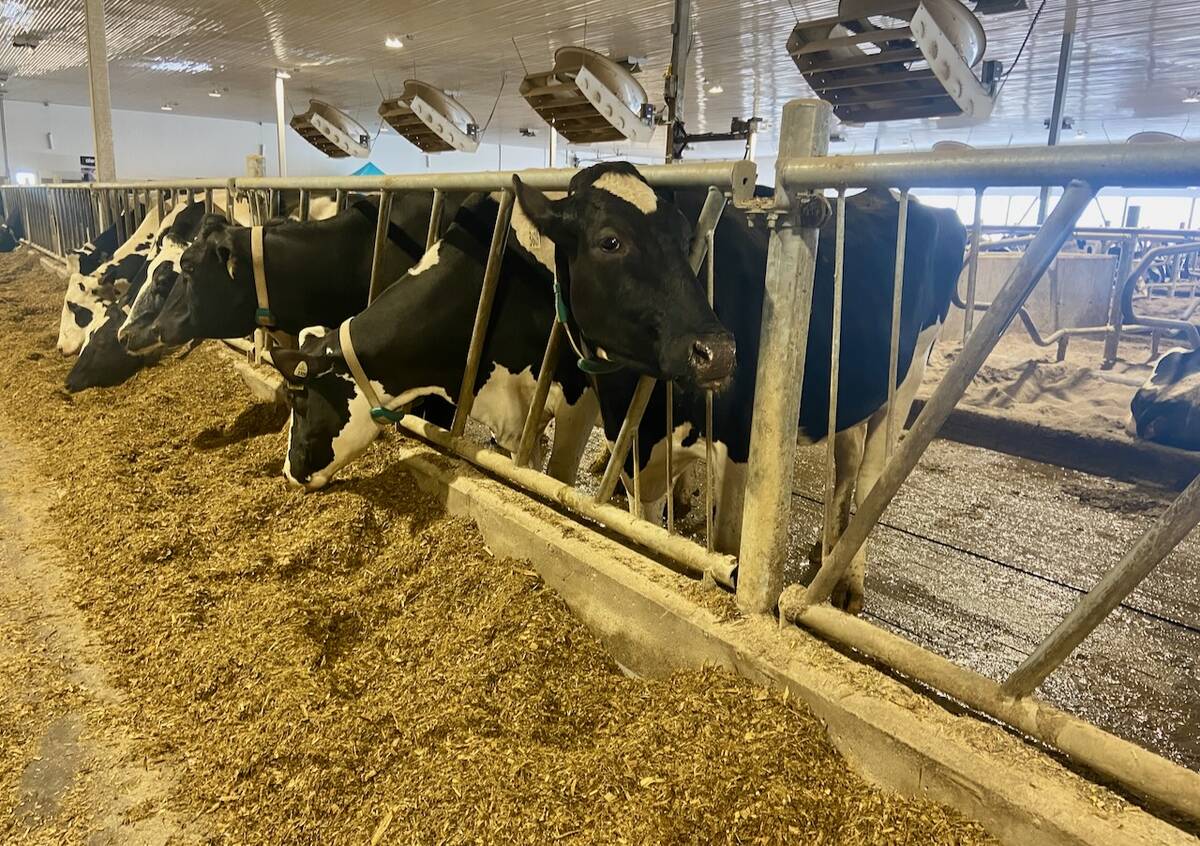Every morning around 8 a.m., large V formations of Canada geese wing their way from the river water of Calgary and head off to farmers’ fields surrounding the city in search of a meal.
Creatures of habit, Canada geese have settled in cities during mild winters and are wreaking havoc for farmers such as Craig Antliff.
An organic farmer east of the city, Antliff has been told 25,000 geese are probably living in the Calgary area year round, and they rely on him and his neighbours for food.
Read Also

U.S. farm group supports supply management
U.S. grassroots farm advocacy group pushing new agriculture legislation that would move towards supply management like Canada has for dairy industry
“We have 500 acres of fall rye. It’s like a salad bar for them,” he said.
“They can (damage) a lot of crop in a hurry.”
Calls to fish and wildlife officials received a sympathetic ear.
Antliff was granted a damage permit so he could set up flares and scare cannons. He wants a wider cull of the birds because fewer people hunt and the geese are out of control.
There are few options.
“They bring all the weed seeds. We have an organic farm and we have a limited tool box we can use,” he said.
Dave Ealey of the province’s sustainable resource development department was sympathetic but agreed little can be done.
“They are something of a persistent problem,” he said.
Natural checks do exist. Geese are vulnerable to coyotes and larger birds such as eagles. As well, when the duck and geese population grows too large, disease can cause large die offs, particularly in warm water during the fall. Ducks tend to be susceptible to diseases such as avian cholera.
Ealey recommended farmers who are pestered by geese call their local fish and wildlife office for advice on controls such as cannons and scarecrows.
The most recent bone chilling cold snap, in which the wind chill was below -40 C, should freeze rivers solid, killing many birds.
“With this cold weather that’s happening right now, a large number of those birds are not going to survive,” Ealey said.
Geese and ducks are supposed to migrate but open water will encourage them to stay. If they make it through a winter, they return to the same place next year.
“Geese are creatures of habit so once they establish patterns of using certain habitats they will keep on coming back until something happens that the habitat is less attractive to them or bad weather sends them elsewhere,” Ealey said.
The federal-provincial wildlife damage compensation program pays producers for spot loss damage to eligible unharvested crops caused by ungulates, waterfowl, upland game birds and bears. Swath grazing is not covered.
Producers pay no premium or administration costs, other than a $25 appraisal fee for a fish and wildlife inspector or crop insurance adjustor to check the damage.















